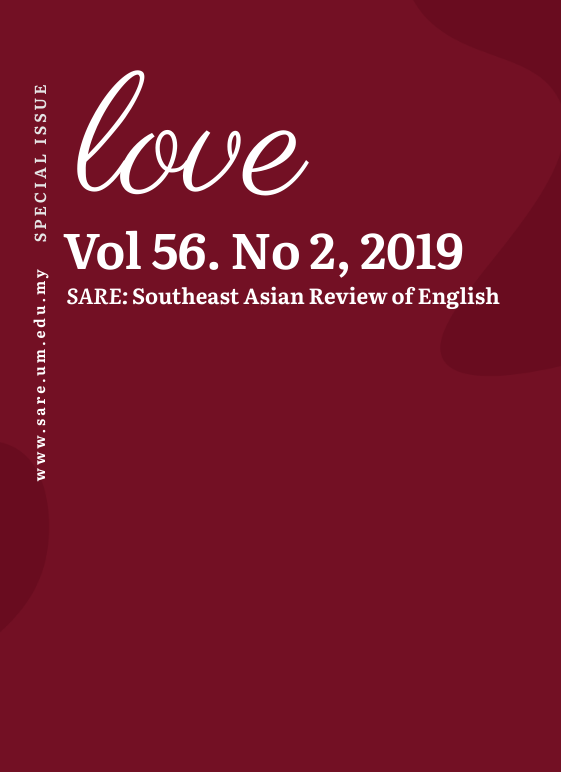"Somewhere between Glory and a Sad Ending": Love and Identity Politics in <i>Mr. Sunshine</i> (2018)
Main Article Content
Abstract
This paper examines the South Korean television series, Mr. Sunshine (2018), which narrates Eugene Choi’s history through a love story during the turbulent days of early twentieth-century Korea. Caught between his two “homelands”, Joseon and America, and between his self and his beloved, a noble lady who personifies the “ideal” Joseon, Eugene finds himself at an impasse. In this sense, Choi comes to embody the modern Joseon subject living a “liquid life” (Bauman), whose identity is characterized by precariousness and uncertainty. This paper analyzes how the politics of individual identity and national identity operate through the characters’ romantic engagements. While Eugene and other “liquid” characters like him may take advantage of the quickly disintegrating traditional social boundaries in the midst of modernization, their liminal identities, however, are considered to be “disabilities” that need to be “cured” for Joseon’s idealized future. Eugene and the other male characters’ love for the noble lady (and therefore Joseon) lock them in a conflicting position where only patriotic sacrifice can negotiate their non-normative identities. Told in the form of an ill-fated, tragic love story, Mr. Sunshine is a reminder of how hybrid modern characters who threaten homogeneous and therefore “normal” Joseon, are ultimately driven towards sad endings, sacrificed for the glory of the nation’s future.
Downloads
Article Details

This work is licensed under a Creative Commons Attribution 4.0 International License.
Copyrights of all materials published in SARE are retained by the authors. Authors may republish their work or grant others permission to republish it. We would be grateful if republication is accompanied by an acknowledgment that the work was originally published in SARE.
